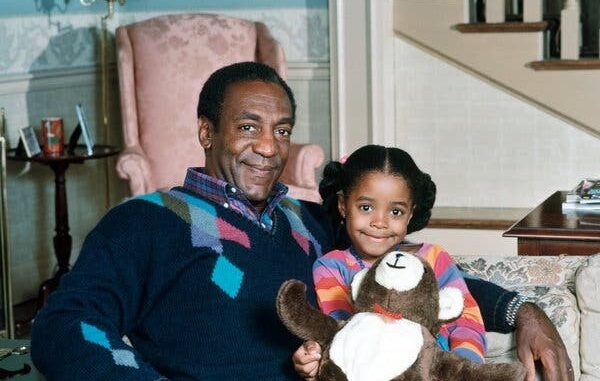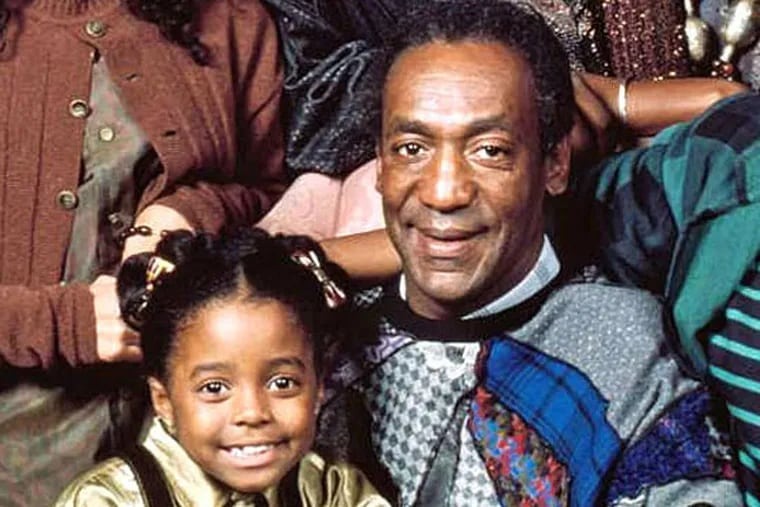
Thirty years ago this week, network TV introduced American audiences to something it hadn’t yet seen: A portrait of an ordinary, upper-middle-class black family in New York.
As Time reflected Thursday, in not overtly discussing issues of race, “The Cosby Show” broke from other shows depicting black families like “The Jeffersons” or “Sanford and Son” in favor of something arguably better and revolutionary: Stories of uncontroversial family life that just about anyone in middle America could relate to.
“In the sentimental glow with which it is now remembered, it’s easy to forget how astonishing it was that a comedy about black people could have that kind of success, or to assume that it did so only because the Huxtables were, as New York Magazine once sneered, ‘little more than “Leave it to Beaver” in blackface,’ ” Time reporter Mark Whitaker wrote.

For black Americans, the show was a welcome relief from black comedies that focused only on how the scales seemed to be tipped against their race.
“The dominant narrative of black family life (in 1984) on TV was one of struggle,” Rookie Magazine blogger Jamia Wilson wrote. “ ‘The Cosby Show’ was the first thing on TV that reflected my life, and that meant the world to me.”